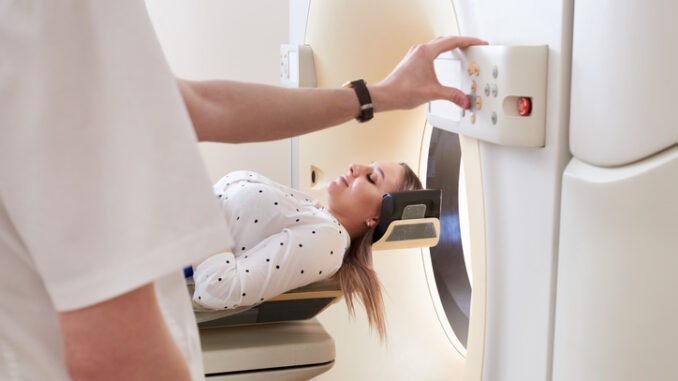
As reported by The Independent, ‘early-stage discoveries like this can help provide the building blocks for the breakthroughs of the future,’ says a Breast Cancer Now director
Breast cancer treatment could be radically more effective if a protein found in almost all human cells is targeted, new research has found.
A study, by Breast Cancer Now, marks the first time researchers have ever realised honing in on RAC1B, which is a variant of RAC1 protein, held the possibility of enhancing breast cancer treatment.
He added: “Early-stage discoveries like this can help provide the building blocks for the breakthroughs of the future, leading to new and effective treatments for the 55,000 women and 370 men who are diagnosed with breast cancer in the UK every year.”
Breast cancer is the most prevalent type of cancer in the UK and the disease claims around 11,500 women’s lives every year.
Dr Ahmet Ucar, who is the Breast Cancer Now research fellow at the University of Manchester, said: “Developing cancer stem cell treatments to target tumours at their root has been a research aim for more than 20 years, but until now has proven elusive.
“For the first time, our research has shown that without RAC1B, breast cancer stem cells can’t form tumours and become more vulnerable to chemotherapy, making the treatment even more effective.
“Positively RAC1B isn’t needed for healthy cells so targeting RAC1B with new cancer treatments is unlikely to have severe side effects.”
He said they are hopeful additional research “will help translate these findings into targeted therapies for breast cancer patients.”


Be the first to comment